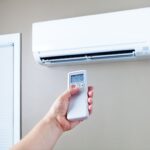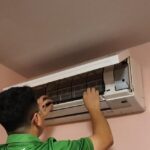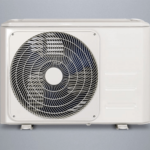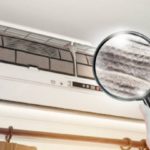To ensure your family has a clean and cool environment during the summer, it’s essential to thoroughly clean and maintain your air conditioner. However, there are some common misconceptions about AC cleaning and maintenance that can lead to premature wear and tear and even affect your health.
Misconception 1: Air Filters Don’t Need Cleaning
Air conditioner pollution can have serious consequences, but the filters are often overlooked during cleaning. There’s a misconception that air filters don’t need to be cleaned, but regular cleaning of the air filters is crucial to maintaining the efficiency of your AC. Therefore, it’s recommended to clean them periodically every two to three weeks, paying close attention to the dust and dirt buildup inside the filters.
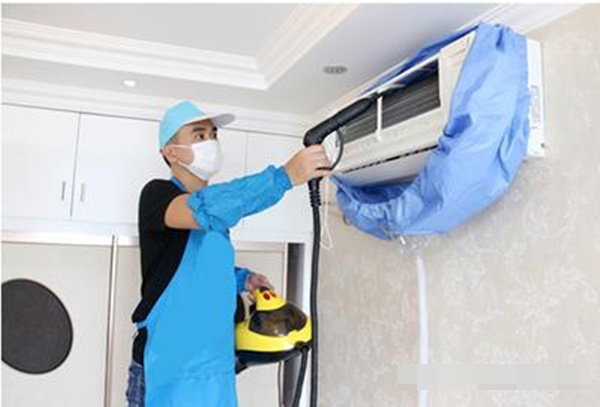
Misconception 2: Frequent Turning On and Off is Good for the AC and Saves Electricity
A common misconception about using air conditioners is that turning them off when not in use and turning them on only when needed will save electricity and prolong the life of the unit. However, what many don’t realize is that the electrical current surge when the AC starts up is much higher than when it’s running. Frequently turning the AC on and off not only consumes more energy but can also damage the compressor and affect its cooling (or heating) efficiency. Therefore, it’s best to avoid frequent on and off cycles and instead use the temperature control or timer functions to regulate the AC.
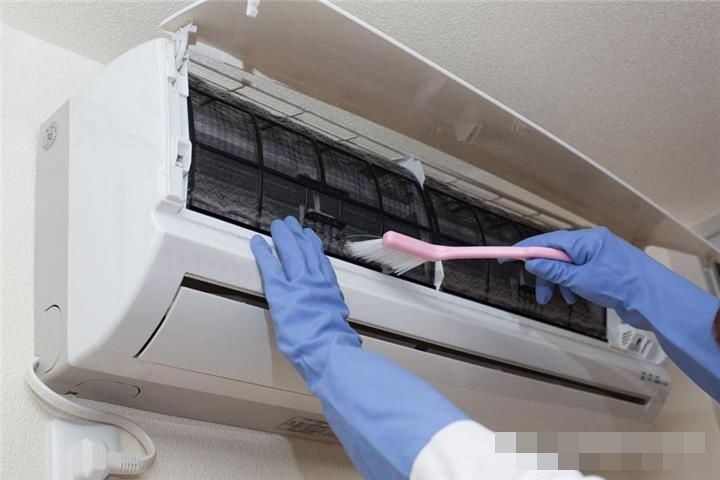
Misconception 3: Clean the AC Before Each Use
Many people are accustomed to cleaning their air conditioners frequently before using them, but this is actually a misunderstanding of proper maintenance. Ideally, you should clean your AC 2-3 times a year: once before using it, once after it has been in use for a while, and once before storing it away for an extended period. During regular use, it’s best to clean the filters every two weeks to maintain clean air and prevent health hazards.
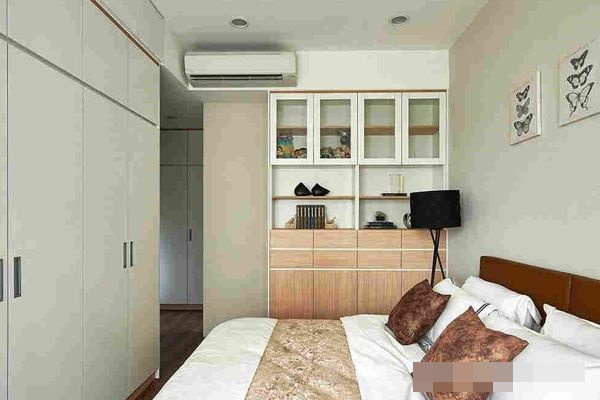
Misconception 4: Cleaning Only the Indoor Unit is Enough
While it’s great that more people are conscious of cleaning their ACs, there’s still a misconception about what needs to be cleaned. Assuming that only the indoor unit (evaporator) needs attention can be detrimental because the outdoor unit (condenser) is usually the dirtiest. If the condenser is not cleaned regularly, the dirt and dust buildup will affect the cooling capacity, increase energy consumption, lead to more breakdowns, and reduce the lifespan of your AC. Therefore, annual cleaning of the outdoor unit is key to extending the lifespan of your air conditioner.

By An Nhien – Vietnamnet
























